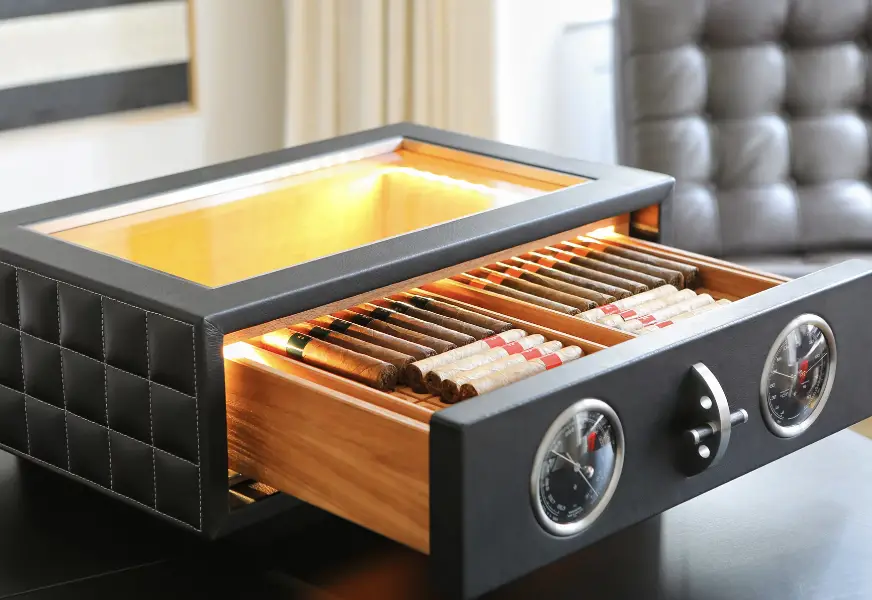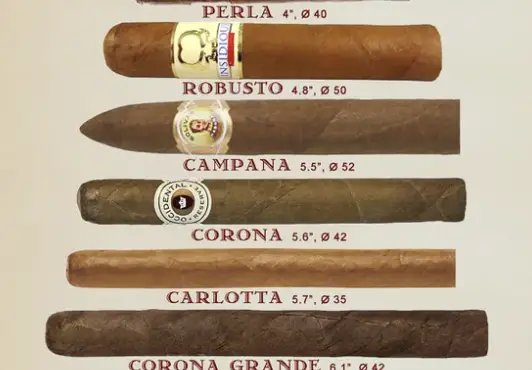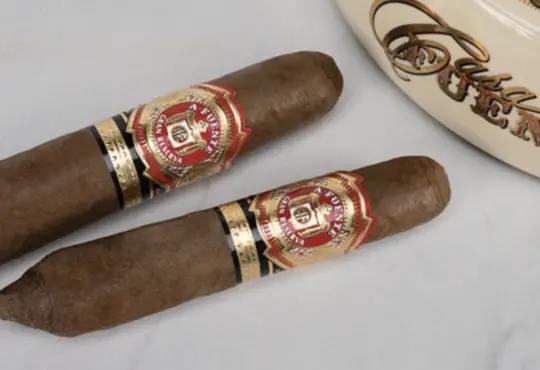
The Art of Preserving Cigars: How Do Humidors Work?
For aficionados of fine cigars, achieving the perfect smoke is not just an indulgence; it’s an art form. To preserve the quality and flavor of premium cigars, seasoned connoisseurs turn to the trusty companion known as the humidor. In this blog post, we will delve into the fascinating world of humidors and uncover the secrets behind how these elegant containers work their magic to keep cigars in optimal condition.
What is a Humidor?
A humidor is a specialized storage container designed to maintain a controlled and stable environment for storing cigars. Its primary purpose is to regulate temperature and humidity levels, ensuring that cigars age gracefully and maintain their distinct flavors and aromas over time. Humidors come in various shapes, sizes, and materials, but all share the common goal of creating the ideal microclimate for cigar preservation.
How Do Humidors Work?
- Humidity Regulation:
The key component of a humidor is its ability to maintain a consistent level of humidity. Cigars are made from tobacco leaves, which, like any organic material, are sensitive to changes in moisture levels. The optimal relative humidity (RH) for cigar storage typically falls within the range of 65% to 75%. To achieve this, humidors utilize a humidification system, often consisting of a humidifier and hygrometer.
- Humidifier: The humidifier is responsible for adding moisture to the air within the humidor. It can be a sponge or foam-based element that is soaked in distilled water or a more advanced system, such as gel-based or electronic humidifiers, which provide better control over humidity levels.
- Hygrometer: A hygrometer is a small device that measures the humidity inside the humidor. It allows cigar enthusiasts to monitor the conditions and make adjustments as necessary to maintain the desired RH level.
- Temperature Control:
While humidity is crucial, maintaining a stable temperature is equally important. Extreme fluctuations in temperature can negatively impact the aging process and overall cigar quality. Generally, the ideal temperature for a humidor is around 65 to 70 degrees Fahrenheit (18 to 21 degrees Celsius). To achieve this, it’s essential to keep the humidor in a cool and consistent environment, away from direct sunlight and any heat sources.
- Material Matters:
The construction material of the humidor plays a vital role in its ability to maintain humidity and temperature. Spanish cedar is the most popular choice due to its exceptional moisture-absorbing and releasing properties, as well as its resistance to tobacco beetles that can damage cigars. The cedar lining in humidors helps to regulate humidity and imparts a pleasant aroma to the cigars, enhancing their overall experience.
Conclusion
Humidors are the guardians of cigar quality, ensuring that every smoke is a delightful journey for aficionados. By maintaining a delicate balance of humidity and temperature, these sophisticated storage containers preserve the flavors, aromas, and characteristics of premium cigars over time. Investing in a high-quality humidor and maintaining it diligently will undoubtedly enhance the smoking experience and elevate the art of cigar appreciation to new heights. So, if you haven’t already, consider adding a humidor to your collection and embark on a lifelong quest to enjoy cigars at their finest.






